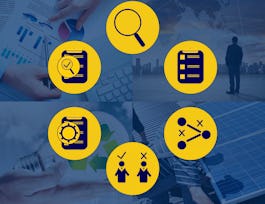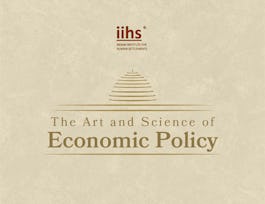Welcome to the course Ethics in Public Policy! This course will help you learn about the role that ethical, moral, and cultural principles play when lawmakers and public officials formulate and execute public policy.
This course draws upon classical writings in political theory and contemporary cases on ethical dilemmas in public policymaking. It will enable you to debate various ethics themes such as justice, equality, fairness, individual liberty, free enterprise, charity, human rights, and minimising harm to others. It will also help you grasp how these themes integrate into various decision-making models, such as the utilitarian approach, fairness and justice approach, and rights approach. This course will help you examine these models in a real-life context to help balance competing interests to make the best decision. In this course, you will gain an in-depth understanding of the challenges that stand at the crossroads between moral and practical decision-making as a real-life practitioner. You will find answers to questions such as if tolerance is a virtue in public policies that risk challenging constitutional norms, what could be the ethical implications of state violence in the name of national interest, and if it would be a good ethical policy to building dams to generate electricity for more people by displacing the inhabitants of that area. With the help of case studies, this course will help you dive deep into the dilemmas faced by the policymakers (both elected and appointed). It will also help you find some middle-ground that is morally just and optimizes social purpose.


















